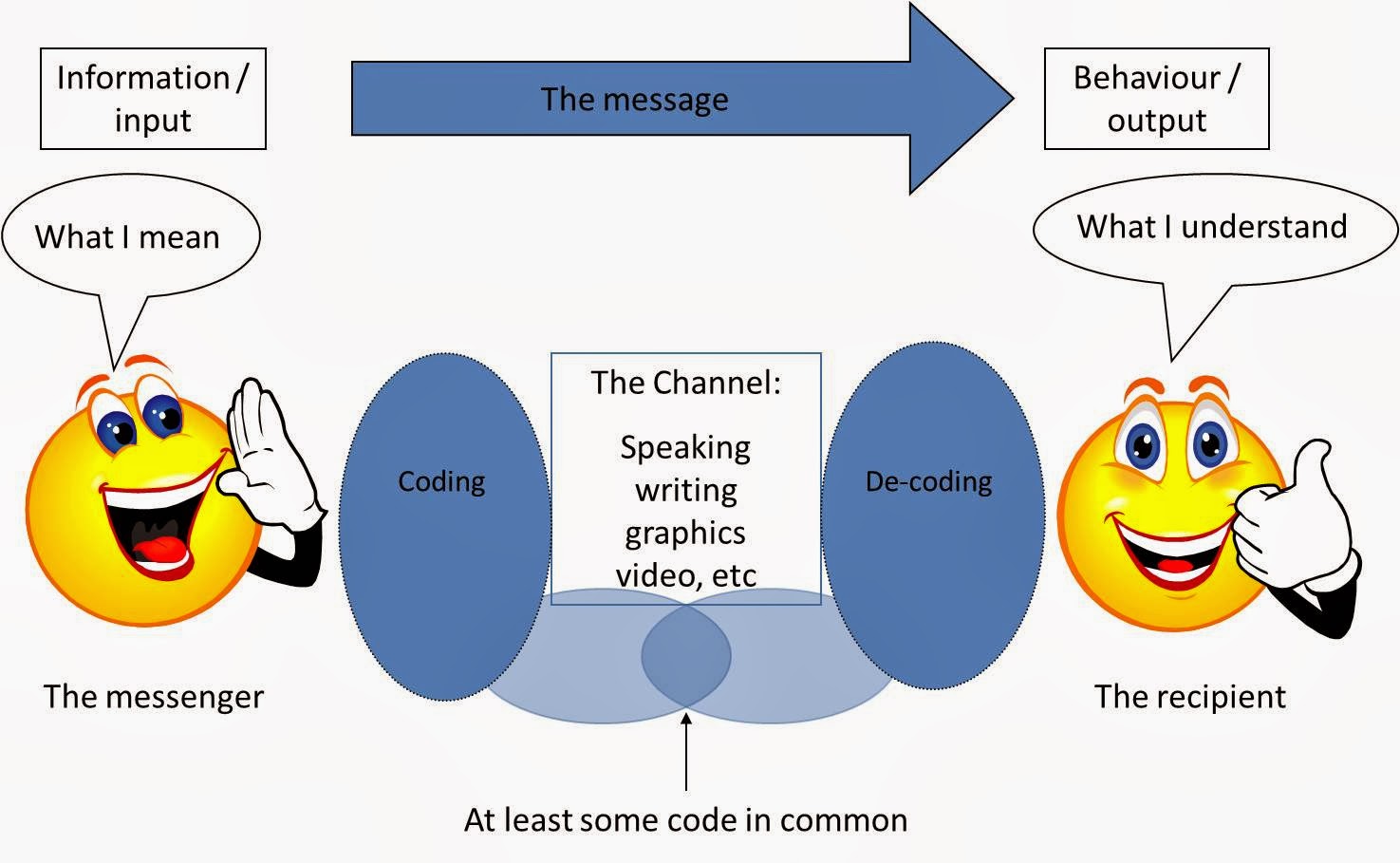Analytic Philosophy and its Significance in Education
1. Introduction to Analytic Philosophy
- Definition: A style of philosophy that emphasizes
logical analysis, clarity of argument, and precision of language
- Origins: Emerged in the early 20th century as a
reaction to Hegelian idealism
- Key figures: Gottlob Frege, Bertrand Russell,
Ludwig Wittgenstein, G.E. Moore
2. Core Principles of Analytic
Philosophy
- Emphasis on logical analysis and argumentation
- Focus on clarity and precision in language
- Skepticism towards metaphysical claims
- Preference for empirical evidence and scientific
methods
3. Major Themes in Analytic
Philosophy
- Philosophy of language
- Logic and mathematics
- Philosophy of mind
- Epistemology (theory of knowledge)
- Metaphysics (nature of reality)
- Ethics and meta-ethics
4. Analytic Philosophy in
Education
- Application of logical analysis to educational
theories and practices
- Emphasis on clarity in educational discourse and
policy
- Critical examination of educational concepts and
assumptions
5. Key Contributions to
Educational Theory
- Analysis of educational concepts (e.g.,
"learning," "teaching," "knowledge")
- Clarification of educational aims and objectives
- Examination of the logic of educational arguments
and policies
- Critical assessment of educational research methods
6. Influence on Curriculum
Development
- Emphasis on critical thinking and logical reasoning
skills
- Promotion of clarity and precision in subject
content
- Integration of analytical skills across disciplines
7. Impact on Teaching Methods
- Socratic method and dialectical approach to
teaching
- Emphasis on argument analysis and evaluation
- Focus on developing students' analytical and
critical thinking skills
8. Analytic Philosophy and
Educational Assessment
- Critical examination of assessment methods and
their validity
- Analysis of the concept of "measurement"
in education
- Emphasis on clear and precise evaluation criteria
9. Ethical Considerations in
Education
- Application of analytical methods to moral issues
in education
- Examination of concepts like "equality,"
"fairness," and "rights" in educational contexts
- Analysis of ethical dilemmas in educational policy
and practice
10. Criticisms and Limitations
- Potential overemphasis on logic at the expense of
creativity and intuition
- Challenges in applying analytical methods to
complex, real-world educational situations
- Possible neglect of cultural and historical
contexts in educational theory
11. Contemporary Relevance
- Ongoing influence on educational policy analysis
- Contribution to the development of critical
pedagogy
- Role in shaping evidence-based educational
practices
12. Significance for Students
- Development of critical thinking and analytical
skills
- Enhancement of ability to evaluate educational
theories and practices
- Improvement of clarity and precision in
professional communication
- Preparation for evidence-based decision-making in
educational contexts
.png)


Comments
Post a Comment